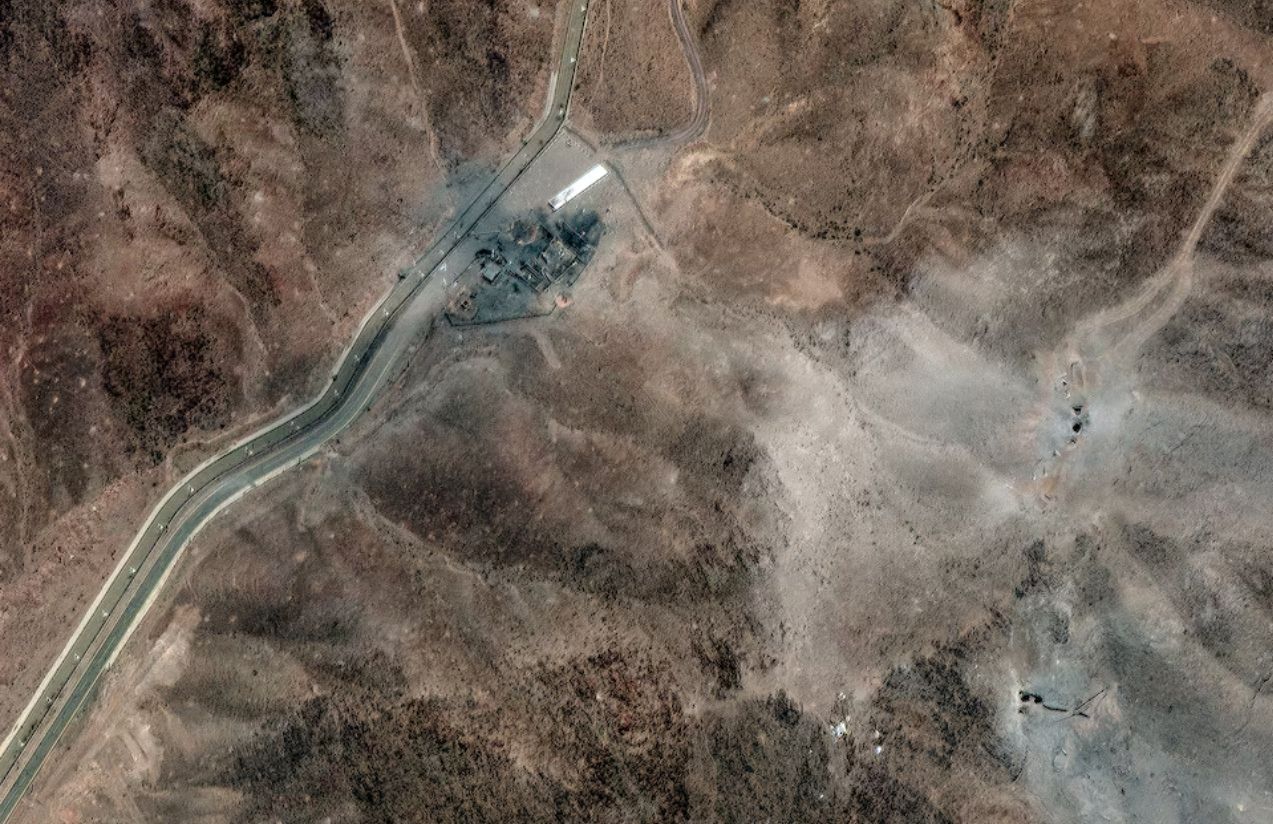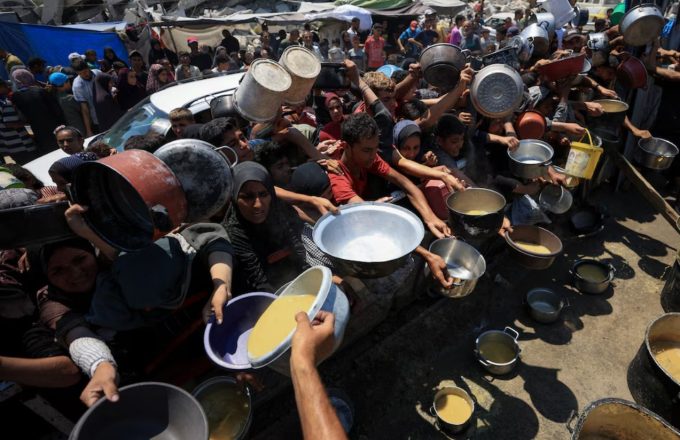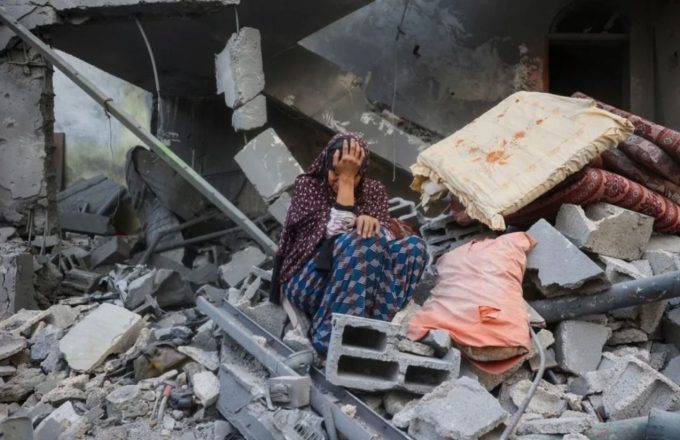Iran’s Foreign Ministry spokesperson, Esmail Baghaei, has confirmed that the country’s nuclear facilities sustained “severe damage” during U.S. airstrikes carried out over the past weekend.
Speaking to Al Jazeera, Baghaei avoided going into specifics but described Sunday’s bombings as significant. “Our nuclear facilities have been severely damaged, that’s for sure,” he stated.
Despite the extent of the damage, Baghaei hinted that Tehran may not completely shut the door on the International Atomic Energy Agency (IAEA). He noted that the bill currently being debated in Parliament proposes suspending cooperation with the agency—not ending it altogether. He also reaffirmed Iran’s right to pursue a nuclear energy program. “Iran is determined to preserve that right under any circumstances,” he emphasized.
Meanwhile, Steve Witkoff, President Donald Trump’s special envoy to the Middle East, told Fox News that the joint offensive with Israel had succeeded in its goal of “completely destroying Iran’s enrichment capability.” He added that Iran’s precondition for resuming talks—an end to Israel’s military campaign—had also been met. “No one’s shooting anymore. It’s over,” he said.
At the NATO summit, Trump dismissed a U.S. intelligence report suggesting Iran’s nuclear program had only been delayed by a few months. “Rebuilding it will take years,” he scoffed.
Israeli military spokesperson Brigadier General Effie Defrin echoed this assessment, stating that Iran’s nuclear facilities had suffered “significant damage” and that its program had been “set back by years.”
Rafael Grossi, the Argentine diplomat heading the UN’s nuclear watchdog, underscored the urgent need to reestablish inspector access in Iran amid heightened global tensions and fears of nuclear proliferation. “Returning to Iran’s nuclear facilities, bombed by Israel and the United States over the past two weeks, is the IAEA’s number one priority,” he declared.
The crisis escalated on June 13, when Israeli and U.S. forces launched a series of strikes targeting key nuclear sites, including the underground Fordow facility northeast of Qom.
In a press briefing from Vienna, Grossi revealed that Iranian Foreign Minister Abbas Araqchi had sent him a letter stating that “protective measures had already been taken.” However, the IAEA chief cautioned that no specific details were provided, suggesting the measures might involve securing Iran’s stockpile of 408 kilograms of uranium enriched to 60%.
This material is dangerously close to weapons-grade purity, raising alarm over its fate in the wake of the strikes. With no clear information about its current location or condition, international concern continues to grow. Grossi stressed that the agency has repeatedly requested to return and resume technical inspections.
“We’ve made it clear that we need to go back and re-engage. Just yesterday, I sent a letter to Araqchi proposing a meeting to discuss the modalities,” Grossi concluded.




















